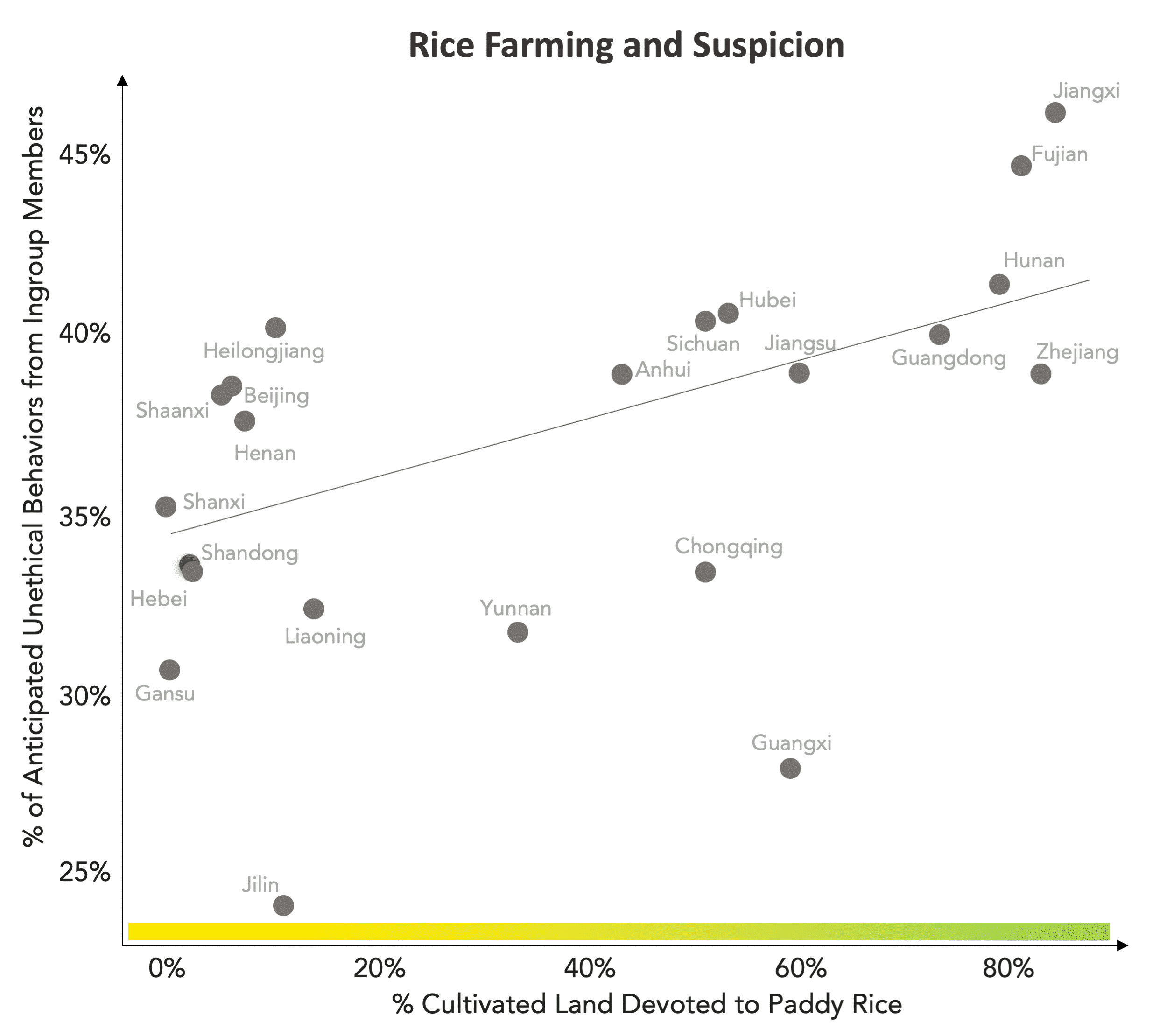Collectivism and individualism
May 2, 2024 — May 2, 2024
Suspiciously similar content
An axis against which we measure cultures. Collectivism is, loosely, where individuals prioritise the goals and needs of the group (such as a family, community, or nation) over their own personal goals. People in collectivist cultures tend to emphasise strong familial ties, group loyalty, and group cohesion. They often value conformity, cooperation, and interdependence, notionally.
Collectivism is often contrasted with individualism, which prioritises personal goals and independence over the goals of the group. People in individualistic cultures value autonomy, personal achievement, and individual rights. They are encouraged to express their own opinions and pursue their own interests. Success is often defined in terms of personal attainment and individual merit.
The distinction is often used to explain differences between cultures, especially in the East (more collectivism) and West (more individualist).
Talheim and co-workers have written at length (Liu et al. 2019; Thomas Talhelm and Oishi 2018; T. Talhelm et al. 2014; Thomas Talhelm and Dong 2024) on the definition of collectivism:
The emerging picture of collectivism is less warm and fuzzy, more nuanced and complicated. […] For example, my recent research has found that people in collectivistic cultures are more likely to agree that “We should keep our ageing parents with us at home.” […]
And although people living in collectivistic cultures report less intimacy with their friends, they are also more likely to think that they should stick together through tough times (Liu et al. 2019). When I asked people to imagine a friend advising them to break up with a new boyfriend, Americans tended to say they’d find more supportive friends. In China, people tended to think these friends were being supportive. Collectivism often values things other than warmth and feeling good.
1 Rice theory of collectivism
Under Talheim’s definition, collectivism is generated by rice agriculture, not just nation-of-origin (Thomas Talhelm and Oishi 2018; T. Talhelm et al. 2014; Thomas Talhelm and Dong 2024).

